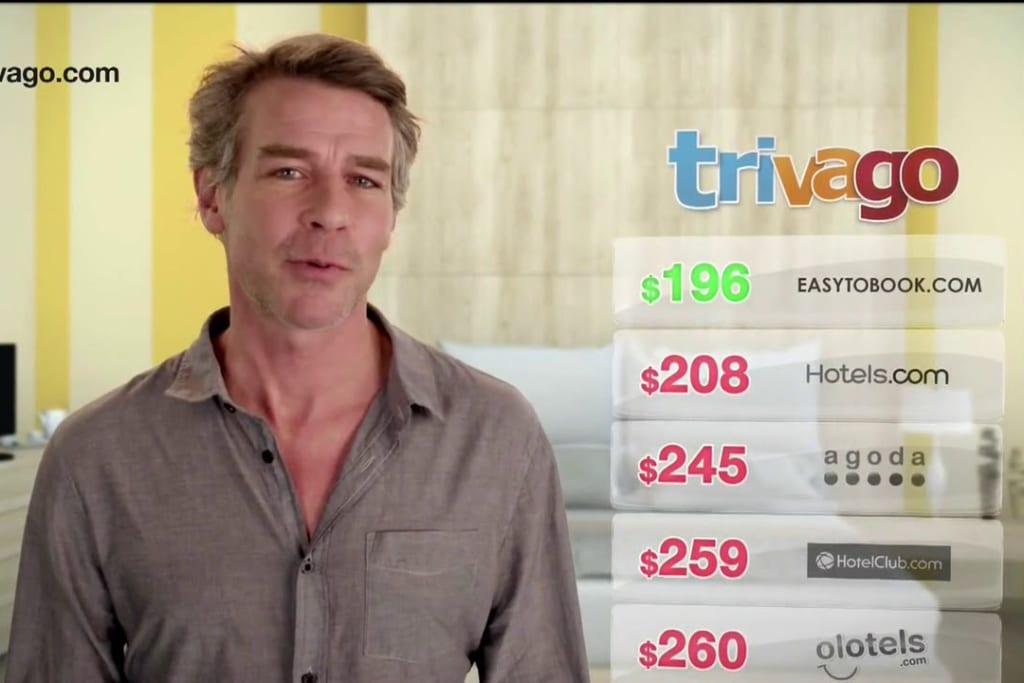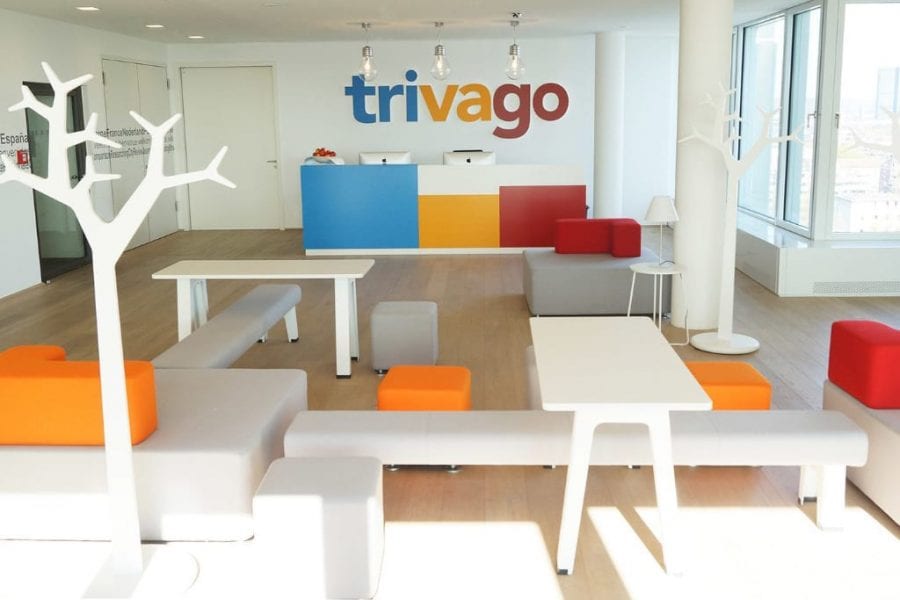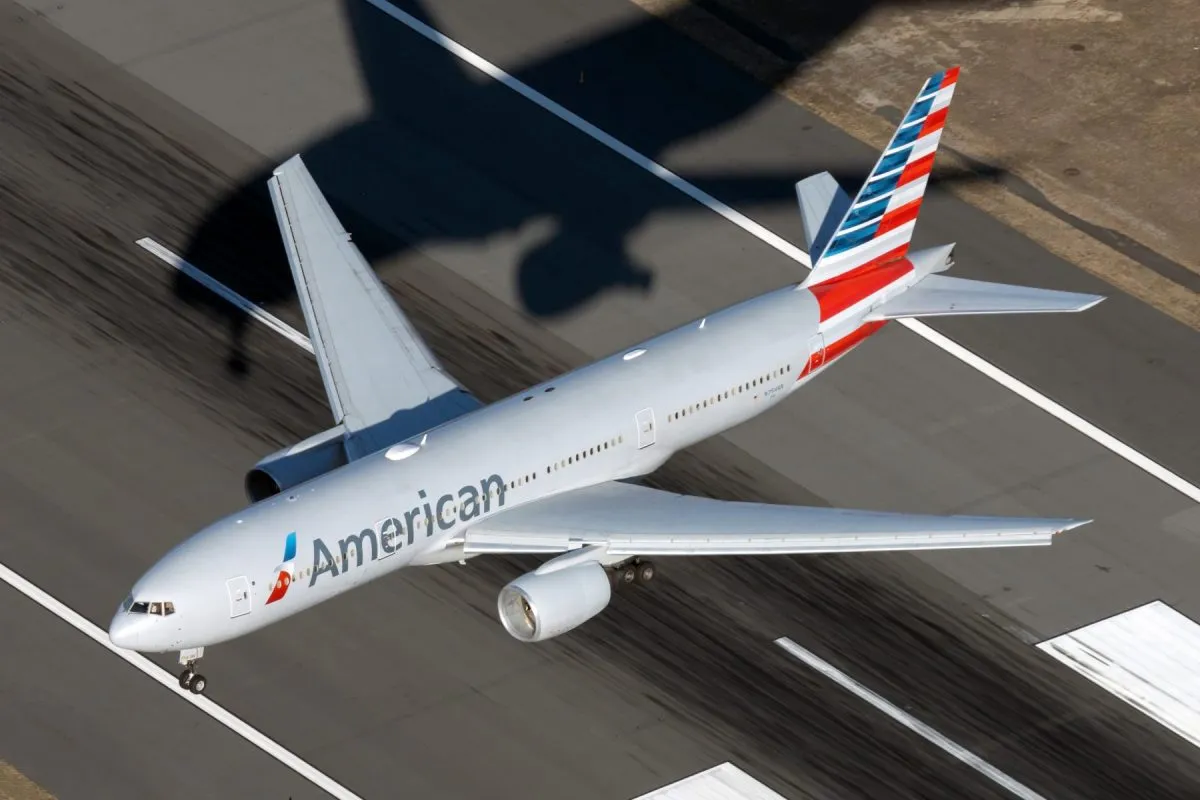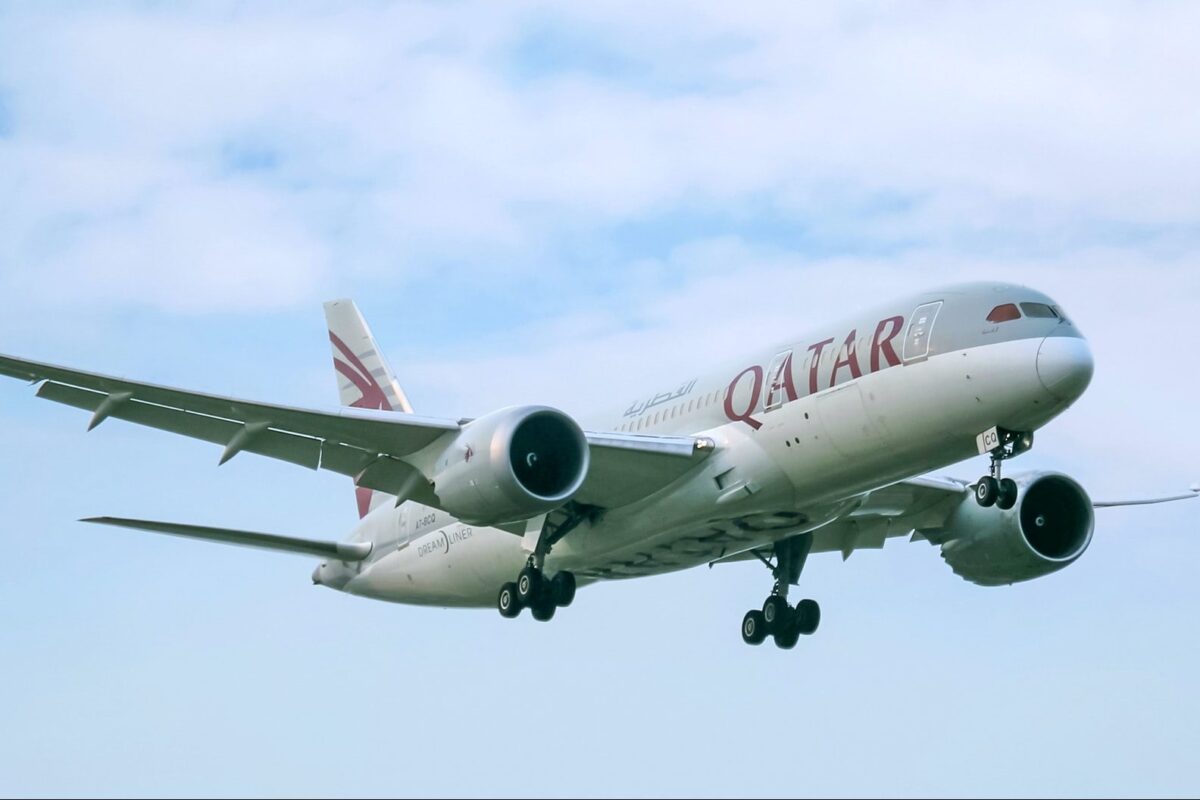Ad Spending Cuts Help Trivago Return to Profitability

Skift Take
The management of Trivago predicted earlier this year that the hotel and alternative accommodations listings company would reverse past poor performance by the second half of the year. The forecast came true Wednesday as it reported a return to profitability in its third-quarter earnings.
Germany-based Trivago achieved profitability by scaling back on marketing spending, which devours nearly all of its revenue, and with some staff layoffs. Trivago did not detail how much of its advertising spend was slashed in the quarter.
Net income was $11.5 million, or €10.1 million, in the third quarter. That compared to a net loss of $8.7 million, or €7.7 million, in the third quarter of 2017 and a net loss in the nine months ended September 30 of $37 million, or €32.5 million.
But total revenue decreased to $289 million, or €253.7 million, in the third quarter of 2018, representing a decline of 12 percent year-over-year. This was the result of fewer bookings on Trivago as a result of less marketing, the company said. The third quarter revenue decline follows revenue growth rates that had been negative for several quarters already, largely because online giant Booking Holdings cut its own advertising expenditure on Trivago.
Last month, the stock also popped after private equity firm PAR Investment Partners bought 7 million Trivago shares from insiders, taking a greater than 5 percent stake in the company. Trivago continues to be controlled by its biggest shareholder, Expedia Group.
On Wednesday, Trivago's stock price gained about 17 percent to nearly $6, its biggest gain in two years, but it was still well below the $24 a share the company traded at in July 2017 before its revenue collapsed.
Trivago mainly generates revenue from online travel agencies, hotel chains, independent hotels, and alternative lodging providers that advertise on its site and app. The company typically charges advertisers when a user clicks on a hotel rate and is referred to that advertiser’s website to complete a booking. The company's revenue share from consumers using its mobile websites and apps exceeds 60 percent.
Management forecast that the company would likely be modestly in the black for the year.
But management did not satisfactorily explain how the company could return to its previous levels of extraordinary revenue growth.

Larger industry dynamics weigh against the company. Speaking at Skift Global Forum in New York in September, Expedia Group CEO Mark Okerstrom explained what happened to Trivago this way:
"Now, we were in a situation where the two big global players were basically paying above the market for new customer acquisition on these channels. Our competitor moved down, the auction cooled off, we stepped down with them, and now it’s a much more level playing field."
"And the only thing that’s really happened is, we’ve essentially taken some excess industry profits that went to some of these platforms, and brought them back where they belong. But we’re going to grow from here."
In one bright spot of growth, Trivago has been adding vacation rentals and private apartments to its hotel listings. As of September 30, the company claimed to list one million units of alternative accommodation. Booking Holdings and Airbnb claim to have about five million.





